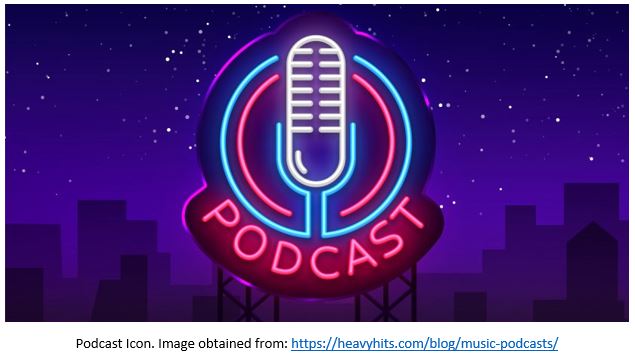Are you looking for something new to listen to? This week there are simply too many good podcasts not to discuss them. So instead of multiple posts, I thought I would just consolidate them into one place so you can pick and choose to your liking. I have not yet listened to them all, but definitely will, and I will update this post as I work my way through the rest of them over the week.
Probably the most important podcast you could listen to today. You cannot be frustrated enough at Congress’ dereliction of duty IRT ship building. There are glimmers of life, but not enough if our current Cold War turns hot.
Eric Chewning and Thomas Moore of HII join the show to discuss America’s military shipbuilding challenges, and their potential solutions.
Monday was the anniversary of the liberation of Auschwitz, while this story is not about Auschwitz, it is an incredible story about resistance, leadership and survival. Definitely worth a listen, an incredible story.
Diana Mara Henry and Gabe Scheinmann join the show to discuss the new book I Am André: German Jew, French Resistance Fighter, British Spy, which charts the astonishing, brave, and tragic World War II career of ‘André’ Joseph Scheinmann.
Not finished yet but this is too good not to share. “You are trying to make professional forces in an unprofessional state.”
SFA=FID. FID=(M)+(L) in DIMEFIL. DIMEFIL=GPC Nobody really wants to do FID, but it is essential in GPC.
After twenty years of America’s post-9/11 wars and the US military’s struggle to build capable and effective security forces in Iraq and Afghanistan, there is an important discussion taking place about what role security force assistance should play for the United States in the very different strategic environment that is taking shape. Will it be a mission that we’ll be required to do in order to compete with Russia and China? Or will it become tangential to our preparations for large-scale combat operations? And given the challenges we faced over the past two decades, what needs to happen to achieve better outcomes in the future? Will Reno, a professor of political science at Northwestern University, and Franky Matisek, a military professor of national security affairs at the US Naval War College, have researched the topic deeply, including conducting hundreds of interviews in the field. They join this episode to discuss their findings.
RAND’s senior behavioral scientist Todd Helmus joins Jim Carouso and Ray Powell to explain how China exploits the maritime “gray zone” to pursue its aggressive and expansionist policies without triggering open conflict.
They examine how China’s competitors have seen their sovereignty eroded and their influence wane by remaining passive in the face of gray-zone aggression. They discuss the crucial role of assertive transparency and affirmative engagement in illuminating these activities in order to counter them, while also building resiliency and international support against them.

